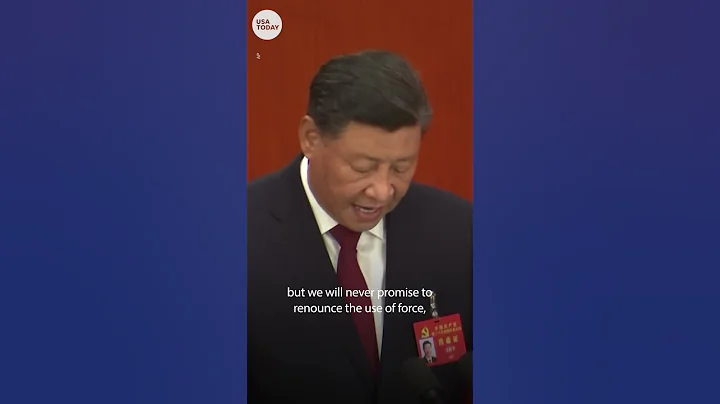Original release by Pang Jianguo Studio, author: Sun Yuliang
Because they are like each other and each gets what they want, Japan's ruling party Liberal Democratic Party and Taiwan's ruling party Democratic Progressive Party are getting closer and closer. On August 27, Japan's Liberal Democratic Party individual members of Congress held the so-called "2+2 Diplomatic and Security Dialogue" with relevant personnel from the Taiwan Democratic Progressive Party, which further brought the "feelings" between the two sides closer. The Japanese side was represented by the Chairman of the Foreign Affairs Council, Senator Masahisa Sato, and the Liberal Democratic Party Defense Council Chairman, Representative Otsuka Taku. The Taiwanese side was attended by the so-called "Head of the International Affairs Department" of the Democratic Progressive Party, Luo Chi-cheng, and the so-called "Head of the International Affairs Department" of the Democratic Progressive Party. Legislator of the Foreign Affairs and National Defense Committee of the Legislative Yuan, Tsai Sui.

The ruling party of Japan dared to openly conduct an online video dialogue with the ruling party of Taiwan, completely ignoring the "one China principle" and the spirit of the four political documents between China and Japan, and taking a wrong step in the wrong direction. This huge step will have a profound impact on Sino-Japanese relations. Moreover, Japan does not think this is a "mistake." Masahisa Sato, a member of Japan's Liberal Democratic Party in charge of foreign affairs, told the " Financial Times " that since Japan officially recognizes Beijing instead of Taipei, the dialogue is an alternative to ministerial talks. . This means that Japan’s Liberal Democratic Party has torn off its hypocritical skin, no longer cares about Sino-Japanese relations, and is now conducting de facto Japan-Taiwan diplomacy.

This "diplomatic and security dialogue" is an invitation proactively issued by Japan's ruling party, which shows that Japan cannot wait and will take the initiative to provoke cross-strait relations, taking a big step towards deteriorating Sino-Japanese relations. Some Taiwanese parliamentarians have interpreted this as a "direct inter-governmental security dialogue." Although there may not be any specific results of the talks, the symbolic significance is obvious. It shows that Japan is determined to tie itself to Taiwan's "independence" ship. "The battleship challenges China's core interests. Taku Otsuka, a representative of the Liberal Democratic Party of Japan, even described "Japan and Taiwan are both located near the East China Sea and face China, and are a 'community of destiny.'" He completely regards China as a "hostile side," and his wolfish ambitions are obvious.

Why Japan does this is related to the current international changes. The United States regards China as the most serious competitor in the world today. It has shrunk its front in the Middle East, successively withdrawn its troops from Afghanistan and Iraq, and focused its military power on the "Indo-Pacific Strategy." The purpose is very direct, that is, through Isolate China, sanction China, and suppress China to achieve the purpose of containing China's rise. As a "NATO external ally" of the United States, Japan naturally has to follow the lead of the United States and serve Japan's local interests within the framework of the US-China grand strategy. The "Taiwan Card" is a card used by the United States to contain China. Japan uses the United States to play the "Taiwan Card" and is willing to act as a pawn of the United States. It conducts direct "connections" with Taiwan and covets the interests of Taiwan's main island one day in the future. Ambition that has been hidden for decades.

The "Japan-Taiwan merger" is a countercurrent, which means the regression of Sino-Japanese relations. Japan’s blatant interference in China’s internal affairs has touched China’s bottom line. Japan's 2021 " defense white paper " wrote for the first time that the stability of Taiwan's situation is "very important for Japan's security guarantee and the stability of the international community", and it has determined to tie Taiwan's security to Japan. Therefore, China must resolutely oppose the "diplomatic and security dialogue" between the two parties in Japan and Taiwan and make necessary diplomatic responses and other responses that are sufficient to curb Japan's ambitions. Sino-Japanese friendship should be based on mutual respect. If Japan attempts to covet China's territorial and sovereign integrity, it is violating China's taboo. Japan had caused great harm to China in the Sino-Japanese War of 1894 and the War of Resistance Against Japanese Aggression. If it does not repent and returns to the old path of aggression, then the old and new accounts will be settled together.





















